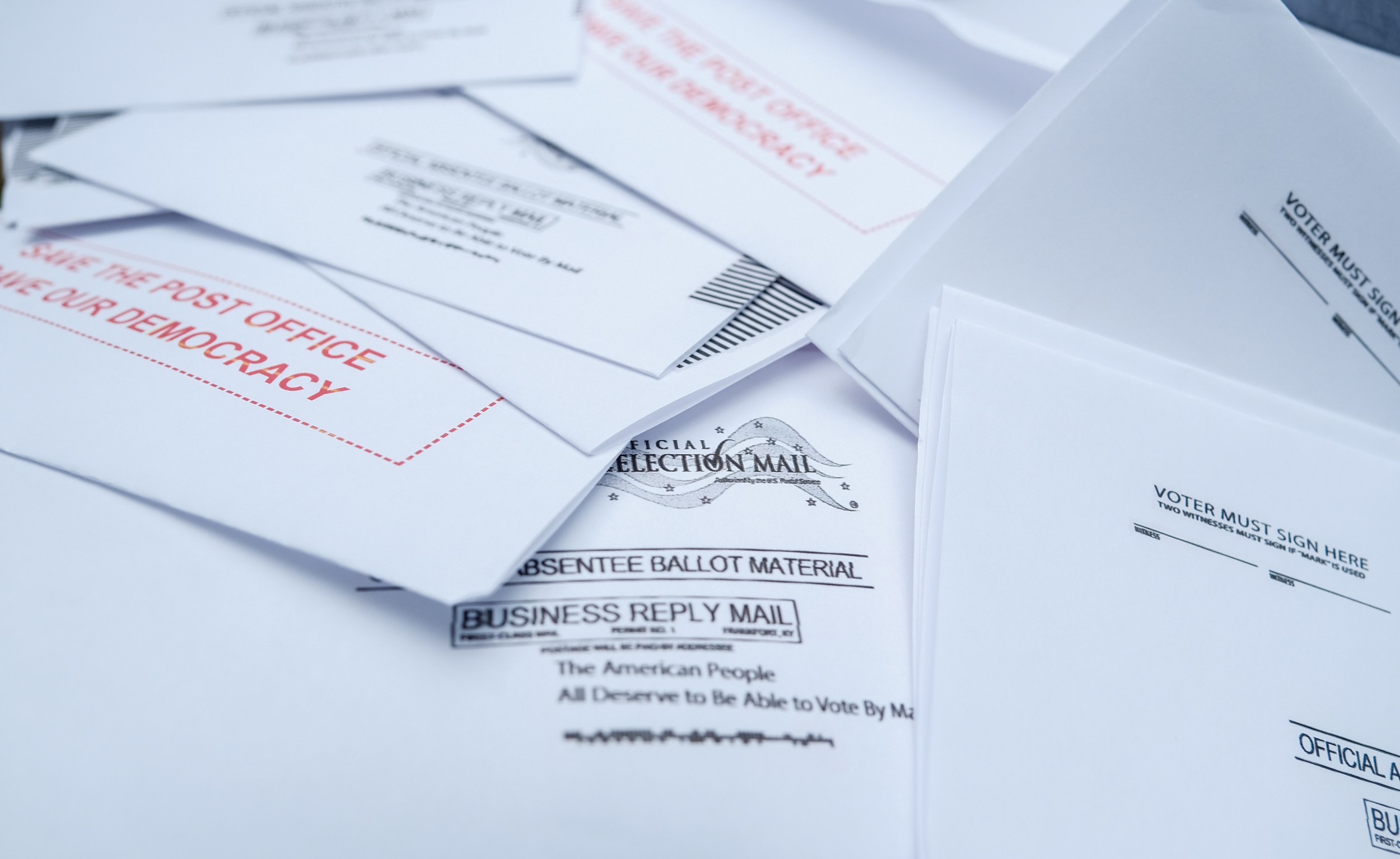
The U.S. Court of Appeals for the Eighth Circuit signaled its willingness to revive Minnesota’s Election Day deadline for the receipt of mail-in ballots, undoing a seven-day extension that the state agreed to as part of a consent degree in a separate state court case.
The appeals court strongly implied that it would ultimately remove from the final presidential count any late-arriving ballots, as it ordered election officials to separate ballots out that arrived in the period previously covered by the consent decree.
In disrupting the consent degree, the appeals court adopted an extreme claim — not yet endorsed by the majority of the U.S. Supreme Court — that only legislatures can make changes to election rules.
Remarkably, the appeals court appears ready to reverse the extension on those grounds even though Minnesota’s Democratic legislature was not even seeking to undo the consent agreement.
The agreement instead was challenged by two presidential electors, a GOP activist and a Republican state lawmaker. The district court had concluded that the two challengers did not meet the procedural requirements warranting a federal court’s intervention. The appeals court disagreed.
Court fights over mail ballot deadlines have rocked the final days leading into the Nov. 3 election. The U.S. Supreme Court has reinstated stricter deadlines in some of the disputes that have come before it, while leaving in place extensions arising from other cases, depending on the circumstances.
While not every justice has explained his or her rationale for each of these votes, it appears that the three most conservative justices, Justices Neil Gorsuch, Samuel Alito and Clarence Thomas have taken the most hardcore view against changes made to election rules that were not explicitly approved by the legislature. Justice Brett Kavanaugh has also mostly adopted that approach, but has stopped short of aligning himself with the court’s far-right wing in certain cases. Chief Justice John Roberts meanwhile has been willing to reverse ballot deadlines ordered by federal courts, but has voted to leave in place changes to election rules that have been agreed to by state election officials or that have been put in place by state courts.
It is unclear whether the 8th Circuit’s decision will be kicked up to the U.S. Supreme Court. The panel’s lone Democratic appointee dissented from the order. She questioned the feasibility of the segregation order, while arguing the voters who put their ballots in the mail when the extension was still in place were now at risk of disenfranchisement.
from Talking Points Memo https://ift.tt/31WKHyR
No comments:
Post a Comment